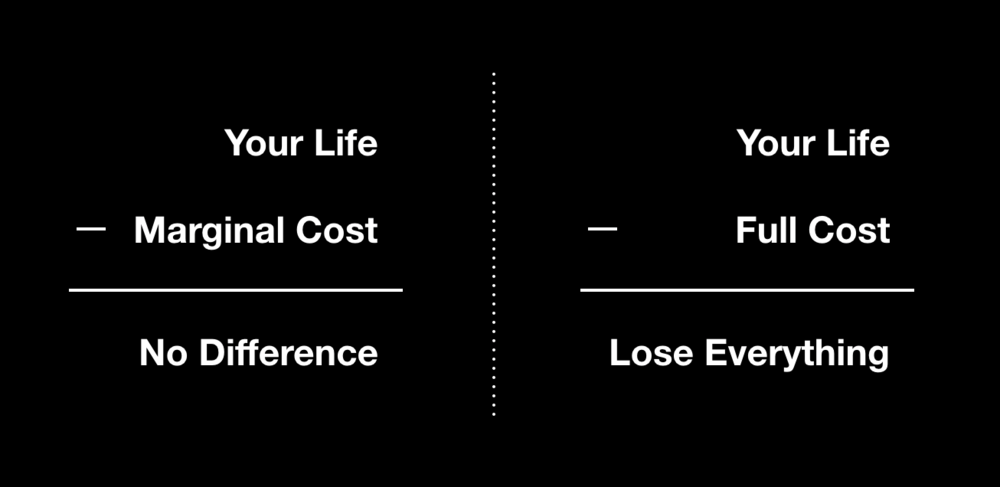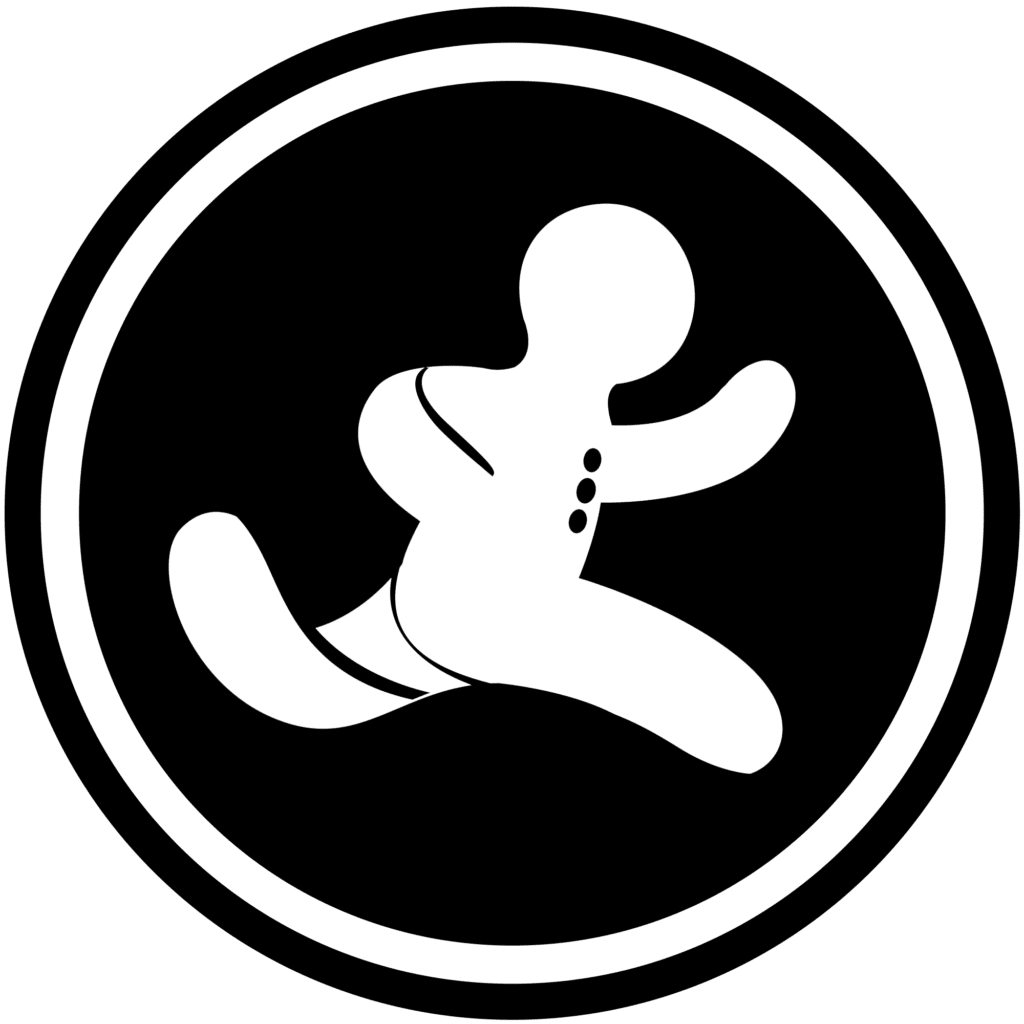
YOU CAN’T GO BE MORE IF YOU’RE DEAD
The marginal costs we pay in life can always be recovered. Paying the full cost is often irreversible.

This has been an emotional week. The death of Kobe Bryant, and in particular the circumstances of the event, has left many people in shock. These things just don’t happen. That it happened in a helicopter crash on a foggy day when he should have been grounded makes it that much worse. What could they have been thinking?
Actually, I think the answer is provided by another giant who passed away last week. Clay Christensen, business professor and author whose theories on disruption and jobs-to-be-done have become cornerstones of modern business, passed away just three days before Kobe Bryant.
Christensen wrote many books, but the one that belongs on any Go Be More bookshelf—and that helps explain why Kobe Bryant is no longer with us—is How Will You Measure Your Life? The book applies business theories and concepts to our personal lives to help us live a life of meaning, purpose and fulfillment.
The last chapter of that book is called, “How to Stay Out of Jail,” and it offers perhaps the most profound lesson in the book: the difference between thinking in marginal costs vs full costs.
In a business context, marginal costs are the extra costs you need to pay to create one more product, add one more service, or undertake one more project. The full costs include the fixed and sunk costs on top of the marginal costs.
Here’s what you need to know: business analysts are trained to ignore the fixed and sunk costs when evaluating competing options. Only the marginal costs matter. But in some situations it’s much more important to consider the full costs, primarily when you are dealing with right and wrong, or life and death.
MARGINAL VS FULL COSTS IN DAILY LIFE
Marginal costs in our daily lives are all the small costs you bear in the moment. It’s the inconvenience of doing it the right way. It’s the lost game when you can’t make it and your team forfeits. It’s missing dinner with your family because you worked late. Or it’s not getting your work done because you ate dinner with your family.
These are real costs. They are predictable, tangible, and in many cases, avoidable. But when you avoid them by breaking a law or taking on excessive risk, you set yourself up to pay the full cost: going to jail, losing your livelihood, or in the worst case scenario, losing your life.
Here’s the rub: we are terrible at evaluating high risk, low probability events. We assume they can’t possibly happen and terribly underestimate the actual cost.
Kobe Bryant is dead today because he (and more likely his pilot) didn’t properly consider the full cost of getting on that helicopter. The marginal cost of not flying felt real. The full cost didn’t.
A NEVER ENDING STREAM OF EXTENUATING CIRCUMSTANCES
That’s how Christensen describes our lives in his final chapter: a never-ending stream of extenuating circumstances. There’s always a reason to do something “just this once.” We wouldn’t normally do this, but “today’s reason” justifies it.
For me, the lesson of this week is: if it can happen to Kobe, it can happen to me. And you, too.
No, we don’t fly in helicopters. But we do drive our cars. When was the last time you drove your car when overly tired, or after drinking alcohol, or while texting on the phone?
I had a classmate in high school who worked late, stayed up all night studying, then fell asleep behind the wheel on his way to school and died in a head-on car crash. And for what? To avoid the marginal cost of a bad test score.
I’m guilty of this, too. I’ve had nights where I was so tired I couldn’t see straight while driving home. And I had my family in the car! What is the full cost of me falling asleep in that situation? All to avoid…a hotel bill? A one hour delay while I take a nap?
As for alcohol, I have too many memories of driving home from parties with someone who was drinking. When I was young and it was my dad I didn’t question it. When I was older I knew I shouldn’t get in the car but I wanted to avoid the marginal cost of making a scene. So I gambled my life trusting that nothing bad would happen.
The only time I was in a major car accident I got rear-ended while sitting at a stoplight. The guy slammed into us at 40 miles per hour. Why? He was looking at his phone. He didn’t want to pay the marginal cost of waiting to do whatever was on his phone at that moment. It nearly cost him his life. It could have cost us ours.
These aren’t just anecdotes. More than 30,000 people die in car crashes in the US each year. 2,000 of them are children. There were an estimated 5,419,000 car crashes in the US…in 2010 alone. Over 2 million people in the US suffer injuries in car crashes every year.
How many of those crashes and fatalities were because someone shouldn’t have been driving in their present condition? Because they had no regard for the full costs?
Marginal costs are real. They suck. If we can avoid them, we should. But full costs are also real, and they are much more likely than we want to believe.
We can’t make driving or flying in helicopters or living our lives risk-free. But we can make the full costs less likely.
Again, if it can happen to Kobe Bryant, it can happen to you and me. So when that voice inside you is saying, “Hey, this isn’t smart,” make a point to listen. It’s really not worth it.
You can’t Go Be More if you’re dead.

BRYAN GREEN
Bryan Green is the co-founder, Editor, and COO of Go Be More. He believes marginal-cost vs full-cost thinking can explain a lot of issues in the world, from irresponsible driving to the coronavirus in China. He hopes we all will start taking the full cost of the situation more seriously.
*This post contains an affiliate link to Amazon.com. This allows us to earn a small percentage of any sales based on our recommendations. We occasionally link to great books or products that we feel will help you Go Be More. As always, we only recommend products that we actively use and would recommend even in the absence of a commission.


